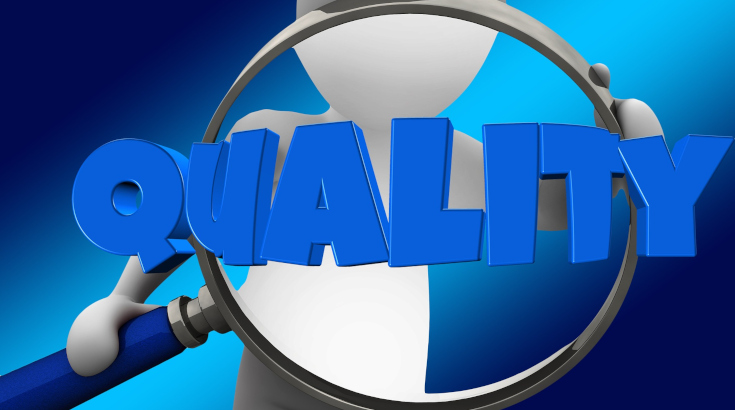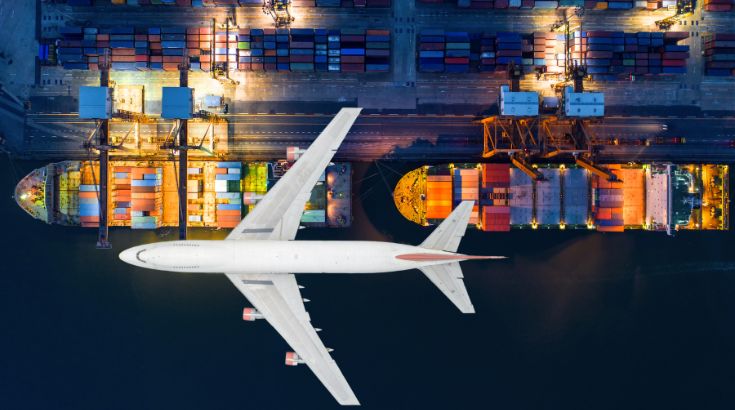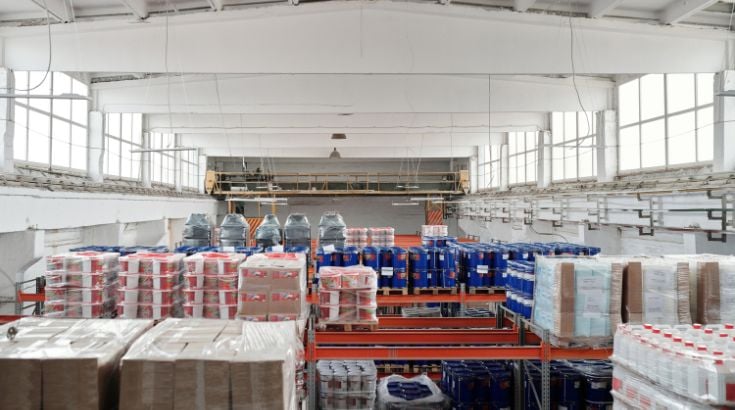A big priority nowadays is maintaining product quality amidst supply chain disruptions. This is because the web of global supply chains makes maintaining consistency in product quality a formidable challenge when faced with problems. From delays to shortages, these disruptions can have far-reaching consequences. Still, rest assured that with the right approach to planning and proactive measures, you can absolutely weather these issues!
Manufacturing and Quality Control blog
- Home
- Manufacturing and Quality Control blog
















